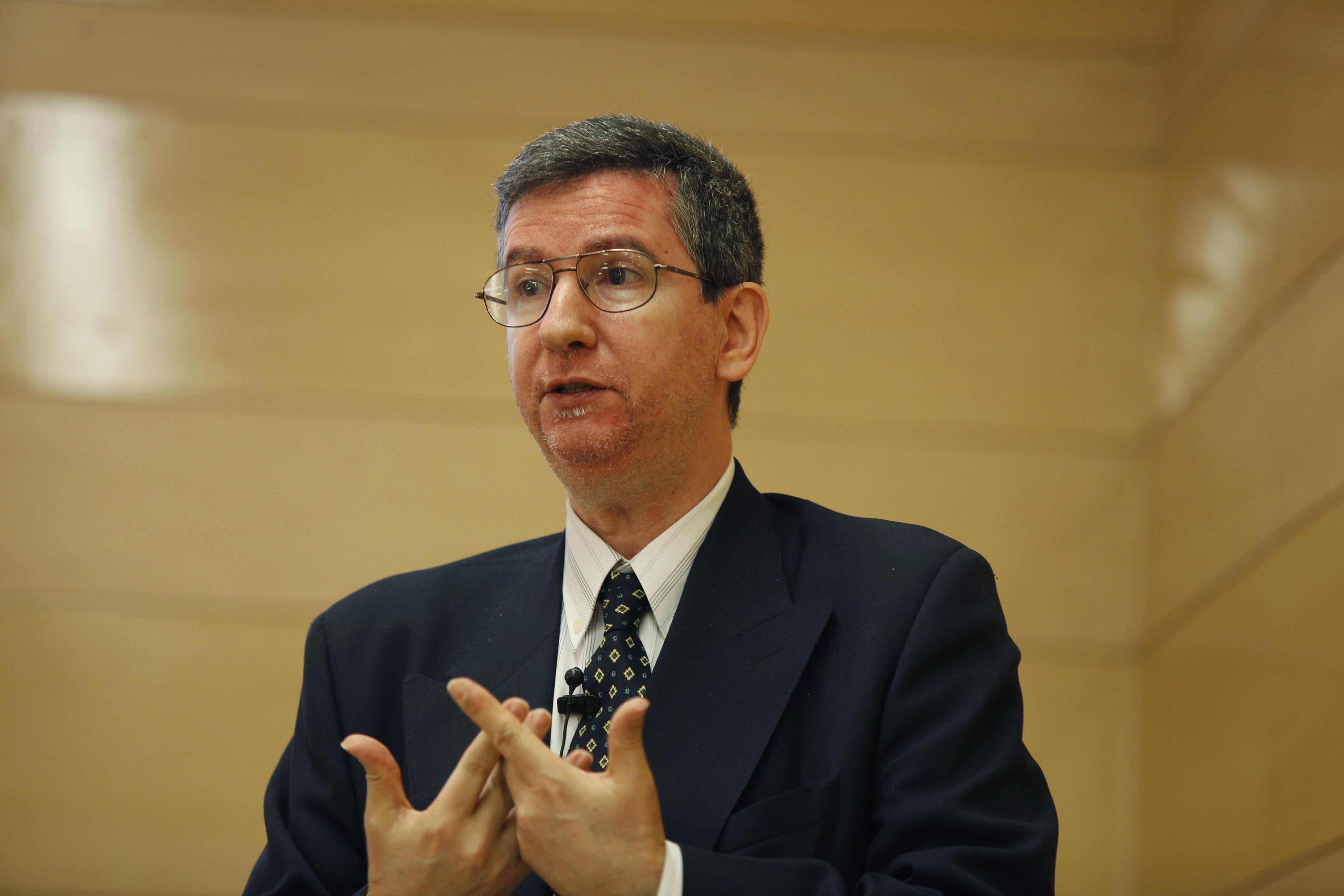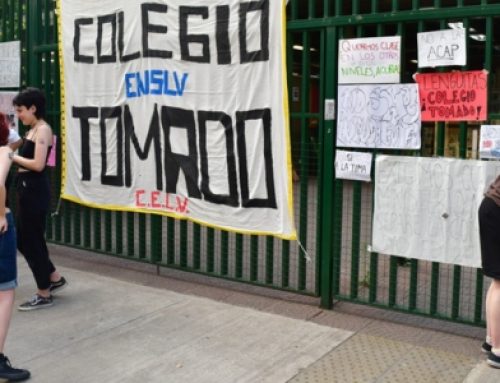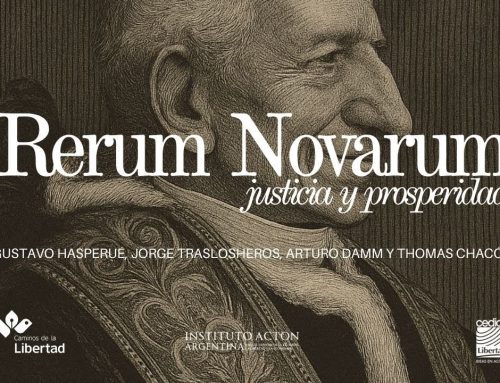January, 2015
By Gabriel J. Zanotti
For: Instituto Acton Argentina
Freedom of expression, as a basic human right, is buttressed by two tenets. The first one is more universal in nature: it derives from the right to religious liberty. Every person has the right of immunity from coercion on one’s conscience in religious matters. Therefore, believers and non-believers alike enjoy the right to publicly express that which grounds their decision on such matters. Even though they may be wrong, the legally protected good is immunity from coercion on one’s conscience.
A second foundation of a more particular nature is that in a democratic and republican society every man has the right to express his opinions regarding the running of the government in power.
This right, as we may notice, stems from respect for the other person’s conscience. And yet, this respect which includes not to coerce –wherefrom legally arises that there must be no prior restraint by the state–, also morally includes to treat the ideas of all persons according to their human dignity and, therefore, to avoid teasing them. Respecting the religious freedom of others entails not to mock their beliefs, not to turn their symbols into an object of mockery or disdain, especially on these matters where the others have utterly committed their whole life and sensitivity.
Such mockery, however, is hardly judiciable. Anybody has the right to feel offended, yet preferably –as in the case of pornography- these matters should be turned over to a judiciary independent from the executive.
That is to say: freedom of expression holds grey areas, yet in a free society, it is the judiciary that must resolve them so as not to violate freedom of expression. Such gray areas embrace expressions that clearly lack the most rudimentary ethics, but their tolerance is the price to be paid, lest an authoritarian government might decide what may be published and what may not.
What must be clear is that freedom of expression has not risen in the West as a right to ruthlessly mock any other person. It was born as a requirement of the republican democracy; it was born in the United States, a country that not by sheer chance held religious liberty as one of its foundations.
What is now under attack is precisely that freedom of expression, and attackers are not just fanatical terrorists. It is also attacked by petty Latin American dictators; as well as by China, Russia, North Corea and Cuba, and even by a Europe and a United States that, absorbed in an anti-Christian fanaticism, violate the religious freedom of Christians, particularly when Christians do not agree with gender ideologies, reproductive health policies, or radical feminism which have now become mandatory.
Therefore, the true predicament lies between those advocating classical liberalism and those who hate and attack its liberties with the fiercest violence: fanatical terrorists, dictators, petty dictators and alleged democrats who are far from democratic.
Freedom of expression, thus, has historically or theoretically nothing to do with the systematic mockery of and contempt for the beliefs of others, whoever they are. It is a shame that the West now identifies itself with the right to mockery as if such were its very substance. Again, terrorists are winning the worst battle: causing the West to lose its own identity.
I am the US Declaration of Independence. I am the Bill of Rights. I am religious liberty. I am the peace of free commerce. I am Mandela, Martin Luther King, Mahatma Gandhi. I am the Rule of law.
That is freedom.





Deja tu comentario